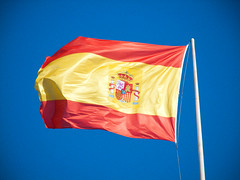
Top 1000 spanish words
Original deck is here: https://ankiweb.net/shared/info/1124298719
-
de
 of (!)
of (!) -
el
 the (masculine)
the (masculine) -
la
 the (feminine)
the (feminine) -
que
 that, than (!)
that, than (!) -
y
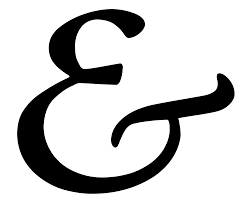 and
and -
en
 in (!)
in (!) -
a
 at, to (!)
at, to (!) -
ser
 to be (used for qualities and permanent things such as "I am a child", there is a different verb (estar) for temporary things like "I am happy" or "I am in Australia") (!)
to be (used for qualities and permanent things such as "I am a child", there is a different verb (estar) for temporary things like "I am happy" or "I am in Australia") (!) -
un
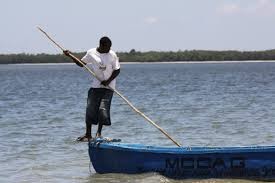 a (masculine, singular)
a (masculine, singular) -
se
 yourself (formal), himself, herself, impersonal subject (!)
yourself (formal), himself, herself, impersonal subject (!) -
no
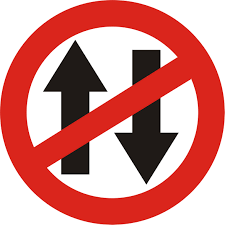 no, not
no, not -
por
 for, by (!)
for, by (!) -
con
 with
with -
lo
 the (neutral), masculine object pronoun (the same function as "him" but used for all masculine nouns)
the (neutral), masculine object pronoun (the same function as "him" but used for all masculine nouns) -
su
 yours (formal), his, hers
yours (formal), his, hers -
para
 for, to (!)
for, to (!) -
haber
 to have (auxillary verb as in "I have done", not as in "I have a dog") (!)
to have (auxillary verb as in "I have done", not as in "I have a dog") (!) -
este
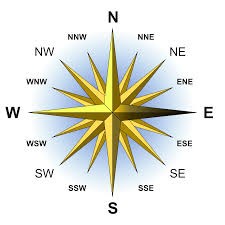 this (masculine), east
this (masculine), east -
como
 like, as
like, as -
tener
 to have (!)
to have (!) -
yo
 I
I -
poder
 to be able to, power
to be able to, power -
estar
 to be (used for for temporary things like "I am happy" or "I am in Australia", there is a different verb (ser) for qualities and permanent things such as "I am a child") (!)
to be (used for for temporary things like "I am happy" or "I am in Australia", there is a different verb (ser) for qualities and permanent things such as "I am a child") (!) -
o
 or
or -
todo
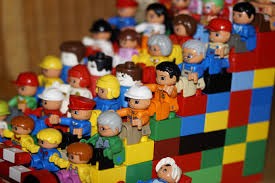 all, everything
all, everything -
hacerto make, to do
-
más
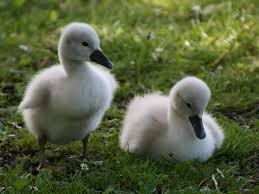 more, most, plus
more, most, plus -
le
 you (formal), him, her
you (formal), him, her -
tu
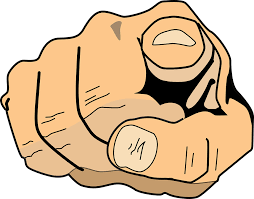 your (singular, informal)
your (singular, informal) -
pero
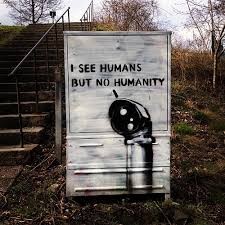 but
but -
si
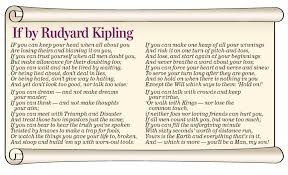 if
if -
decir
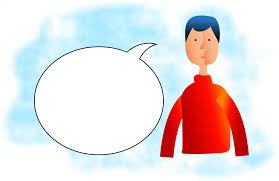 to say
to say -
otro
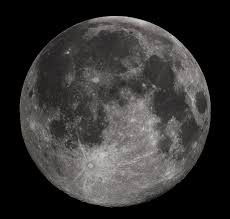 other
other -
mi
 my
my -
ese
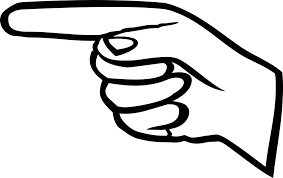 that (masculine)
that (masculine) -
ir
 to go
to go -
nos
 us
us -
mucho
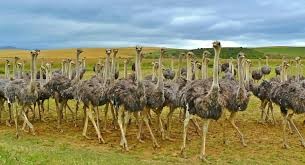 many, much, a lot
many, much, a lot -
ya
 already
already -
ver
 to see
to see -
añoyear
-
dar
 to give
to give -
cuándo
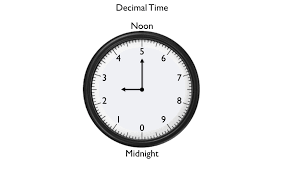 when
when -
sin
 without
without -
sobre
 on top of, on
on top of, on -
nuestro
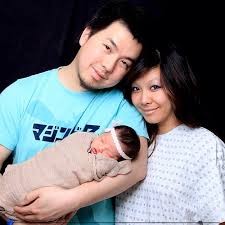 our
our -
uno
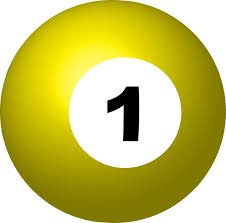 one (number)
one (number) -
muy
 very
very -
también
 also, as well
also, as well -
deber
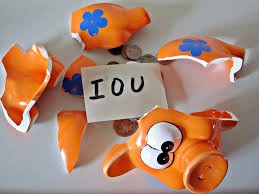 to owe, to have to, duty
to owe, to have to, duty -
porque
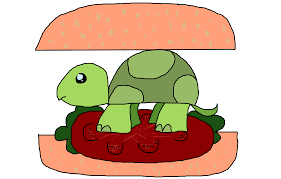 because
because -
mismo
 same
same -
alguno
 some, any
some, any -
querer
 to want
to want -
saber
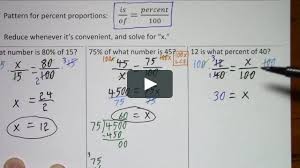 to know (used for facts and information such as "I know how to solve this maths problem", there is a different verb used (conocer) for people or places such as "I know Jeff!")
to know (used for facts and information such as "I know how to solve this maths problem", there is a different verb used (conocer) for people or places such as "I know Jeff!") -
entre
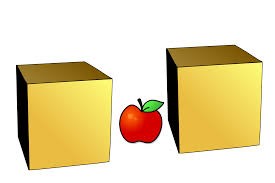 between
between -
día
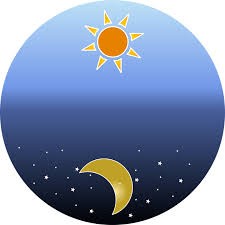 day
day -
persona
 person
person -
él
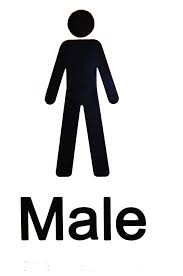 he
he -
vez
 time (a specific occurence not a period)
time (a specific occurence not a period) -
desde
 from, since
from, since -
vida
 life, lifetime
life, lifetime -
así
 like this, in this manner
like this, in this manner -
primero
 first
first -
eso
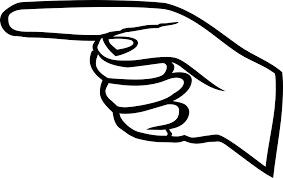 that (neutral)
that (neutral) -
dónde
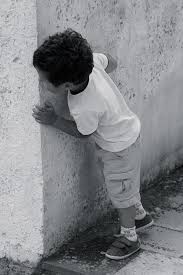 where
where -
bueno
 good (adjective)
good (adjective) -
qué
 what
what -
nuevo
 new
new -
hasta
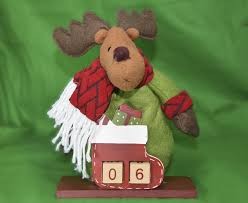 until
until -
tiempo
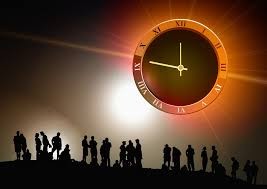 time (a period of time not a specific occurence), weather
time (a period of time not a specific occurence), weather -
grande
 large, big
large, big -
bien
 good, all right
good, all right -
cada
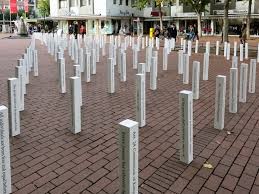 each, every
each, every -
sólo
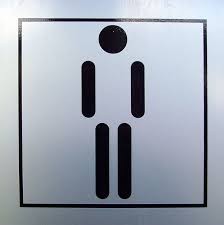 only
only -
dos
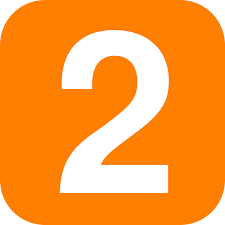 two
two -
país
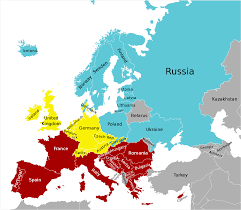 country
country -
ni
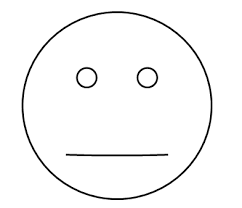 neither, either
neither, either -
parte
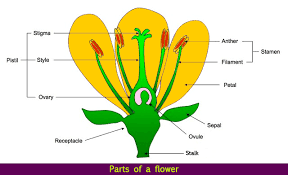 part
part -
esto
 this (neutral)
this (neutral) -
cosa
 thing
thing -
tanto
 so much, so many
so much, so many -
mejor
 better, best
better, best -
pasar
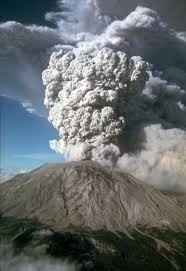 to occur, to happen
to occur, to happen -
encontrar
 to find
to find -
mundo
 world
world -
poco
 little, little bit
little, little bit -
siempre
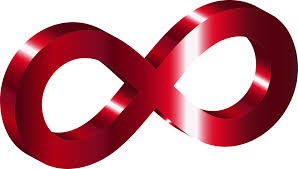 always, forever
always, forever -
llegar
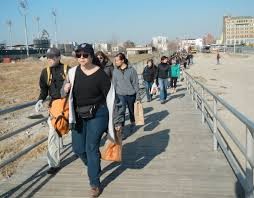 to arrive
to arrive -
quien
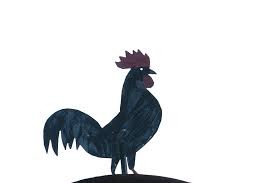 who
who -
dejar
 to leave, to let
to leave, to let -
seguir
 to follow, to continue
to follow, to continue -
forma
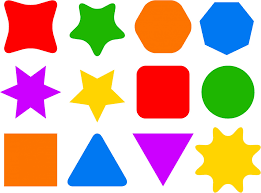 form, shape
form, shape -
algo
 something
something -
creer
 to believe
to believe -
ahora
 now
now -
poner
 to put, to place
to put, to place -
llevar
 to carry
to carry -
cual
 which
which -
dios
 god
god

